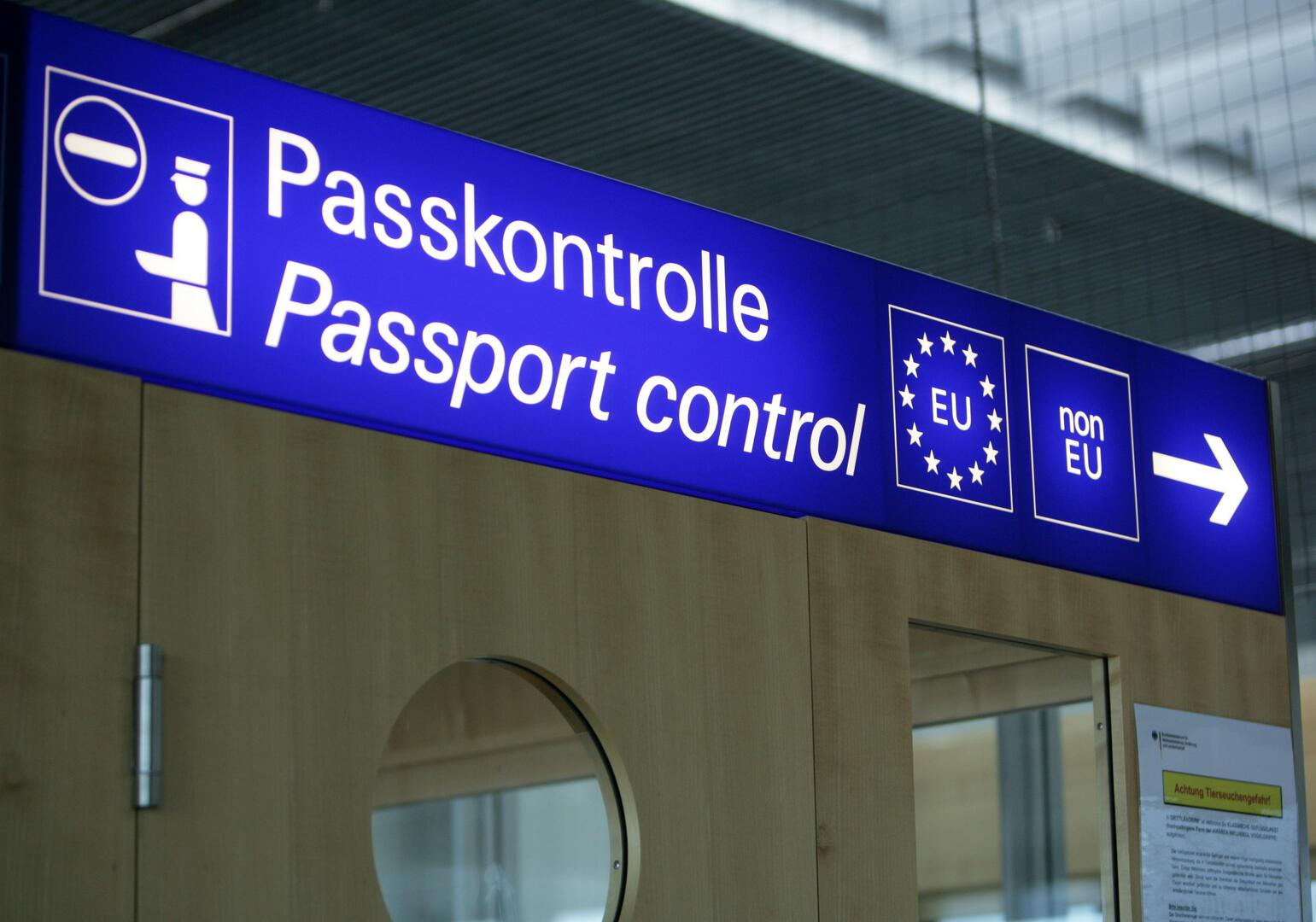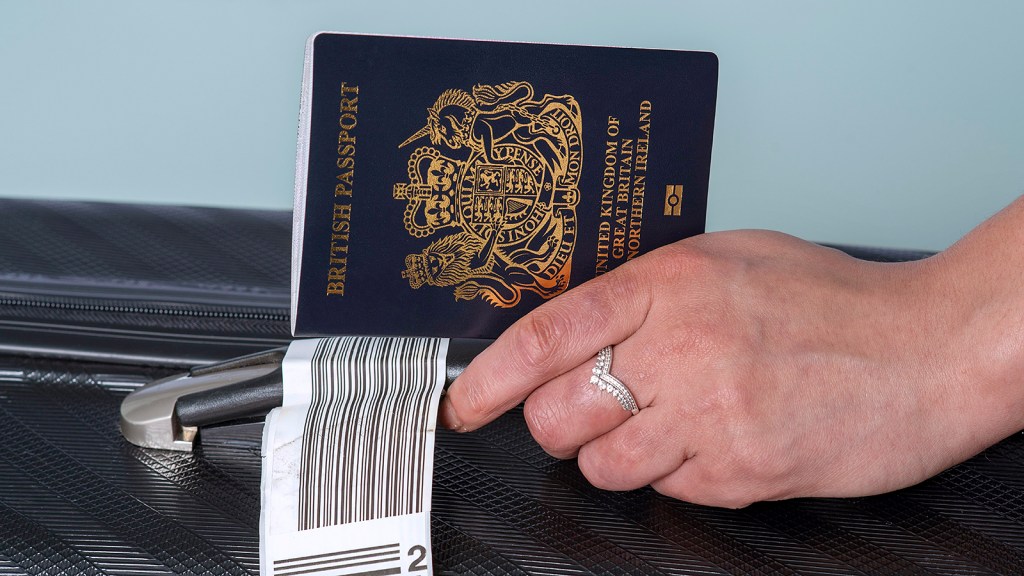Validity of Your Passport for EU Travel: Key Guidelines
Nothing ruins the excitement of a holiday faster than discovering your travel documents are invalid just before your flight or at the airport. Unfortunately, many travelers heading to EU countries are still unaware of the passport validity requirements imposed post-Brexit. It’s important to remember that having a valid passport does not guarantee it will be accepted abroad.
For a smooth journey to Europe, make sure your passport is issued within the last ten years and has at least three months of validity remaining beyond your planned stay. The sole exception to these rules is for travel to Ireland, which is part of the Common Travel Area with the UK.
These passport regulations also extend to four non-EU countries: Iceland, Liechtenstein, Norway, and Switzerland, all of which, along with most EU nations, form the Schengen Area. The Schengen Area allows free movement between its member countries and recognizes the same passport validity criteria.
If you are planning a visit to an EU country or any of the four non-EU nations mentioned, here’s what you need to know.
Understanding the Ten-Year Passport Rule
The ten-year passport rule mandates that travelers from non-EU countries (including the UK) must possess a passport that is less than ten years old upon entry into an EU member state and must be valid for at least three months beyond their departure date. Since Brexit, this regulation now applies to British passport holders.
Previously, the UK Passport Office allowed a grace period where up to nine months of remaining validity on an old passport could be transferred to a new one. However, this extension is no longer recognized by EU countries, necessitating that passports be under ten years old.
The exception remains for travel to Ireland, where different rules apply due to the Common Travel Area arrangement.
Considerations for Stopovers
If your trip involves multiple destinations, ensure your passport and travel documents meet the requirements for each stop. For instance, if you are en route to a destination that has strict passport validity rules and your itinerary includes an EU stopover, verify that your passport complies with the respective regulations. Always consult your travel provider if you have any questions.
Required Documents for UK Travelers

To travel outside the UK, a valid passport is a must. For visits to EU countries and European Free Trade Association (EFTA) nations (Iceland, Liechtenstein, Norway, and Switzerland), your passport must be issued less than ten years before your entry and should have a minimum of three months’ validity after your planned departure.
When traveling to Ireland, British citizens can technically enter with other forms of official photo ID, though a passport is typically required by airlines.
Depending on your travel destination, duration, and purpose, a visa may be necessary. Post-Brexit, British citizens can remain in the Schengen Area for up to 90 days within a 180-day period for tourism; beyond that, a visa or permit may be needed. Check the entry requirements for each country you intend to visit. Starting from late 2026, you will also need to apply for an Etias visa waiver prior to your travel.
If you plan on driving or renting a vehicle abroad, ensure you have your driving license and potentially an international driving permit (IDP). If you’re taking your own vehicle, you will need relevant insurance, registration details, and a visible UK sticker. Additional requirements may vary by destination.
While travelling within the EU, consider obtaining a UK Global Health Insurance Card (GHIC), which provides access to necessary public health services that may be free or partially subsidized. Carrying the GHIC may also be required to ensure your travel insurance remains valid.
Can You Travel Without a Passport from the UK?
Generally, a passport is mandatory for travel to Europe, with Ireland being the only exception. However, travelers are advised to carry their passport, as airlines usually require it.
Lost Passport While Traveling
If you misplace your passport abroad, applying for an emergency travel document may be possible. These documents cost £125, and you may need to visit a British embassy in person after submitting your application online. This emergency document will include your travel itinerary, and if plans change, you may incur additional fees for a new document.
Damaged Passport
A damaged passport should be replaced before you travel, as it may not be accepted for travel. The HM Passport Office classifies a passport as damaged if any information is illegible, if there are any rips, cuts, holes (including in the cover), missing pages, or water damage.
Traveling with an Expired Passport in Europe

While theoretically possible to travel with an expired passport between select European countries due to open land borders in the Schengen Area, some countries like Spain have specific conditions. A valid travel document is required for exit at external borders, including when leaving the UK, where passport checks are enforced.
Passport Validity Requirements for Travel to Spain
For Spain, British passport holders need to ensure their documents have at least three months of validity remaining upon departure, along with being issued within the last ten years.
• Check our detailed guide to Spain
Passport Validity Requirements for Travel to Greece
Travelers heading to Greece must adhere to standard EU passport validity guidelines, meaning the passport must be less than ten years old on entry and have at least three months’ validity left after leaving.
• Explore our comprehensive guide to Greece
Passport Validity Requirements for Travel to Portugal
Portugal follows the EU passport validity rules, necessitating that passports be less than ten years old upon entry and possess at least three months of validity beyond the planned departure date.
• Discover our thorough guide to Portugal
Passport Validity Requirements for Travel to the US
To enter the United States, your passport must be valid for the duration of your stay, and an ESTA or visa is required for entry.
• Read our in-depth guide to the US
Passport Validity Requirements for Travel to Turkey
When traveling to Turkey, UK passport holders need to have at least 150 days of validity remaining after their arrival and a blank page for entry and exit stamps.




Post Comment